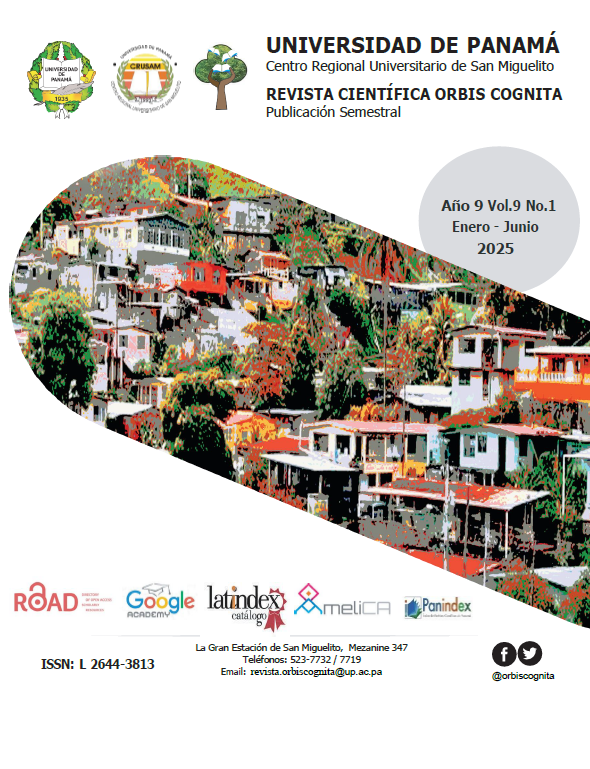

Copyright (c) 2025 Revista Científica Orbis Cógnita

This work is licensed under a Creative Commons Attribution-NonCommercial-ShareAlike 4.0 International License.
This article explores the transformation of distribution models for convenience stores in Latin America, focusing on the shift from traditional approaches to hybrid and adaptive models. The primary objectives include analyzing the evolution of these models, evaluating the impact of digitalization, sustainability, and risk management, as well as examining the sector's resilience following the COVID-19 pandemic. The methodology employed consisted of a comprehensive review of relevant literature and case studies addressing logistical changes in the region. The results highlight six key areas of evolution: digitalization and automation, omnichannel strategies and last- mile delivery, sustainability and circular economy, collaboration and shared platforms, personalization and micro-segmentation, and resilience and risk management. It is concluded that technological integration, sustainability, and resilience have become fundamental pillars for competitiveness in logistics distribution. Additionally, the emergence of more flexible hybrid models underscores the sector's adaptability in a dynamic environment. This study provides a solid foundation for future research and logistical strategies, emphasizing the importance of technology, sustainability, and adaptability in the evolution of distribution models in the region.